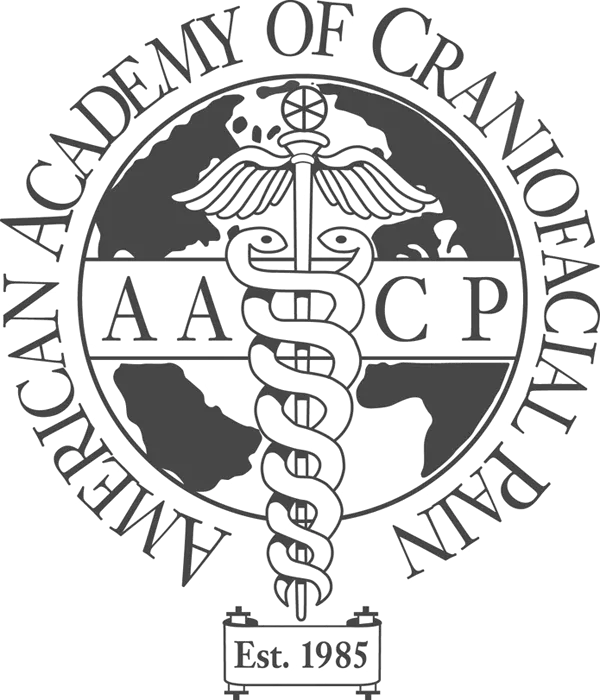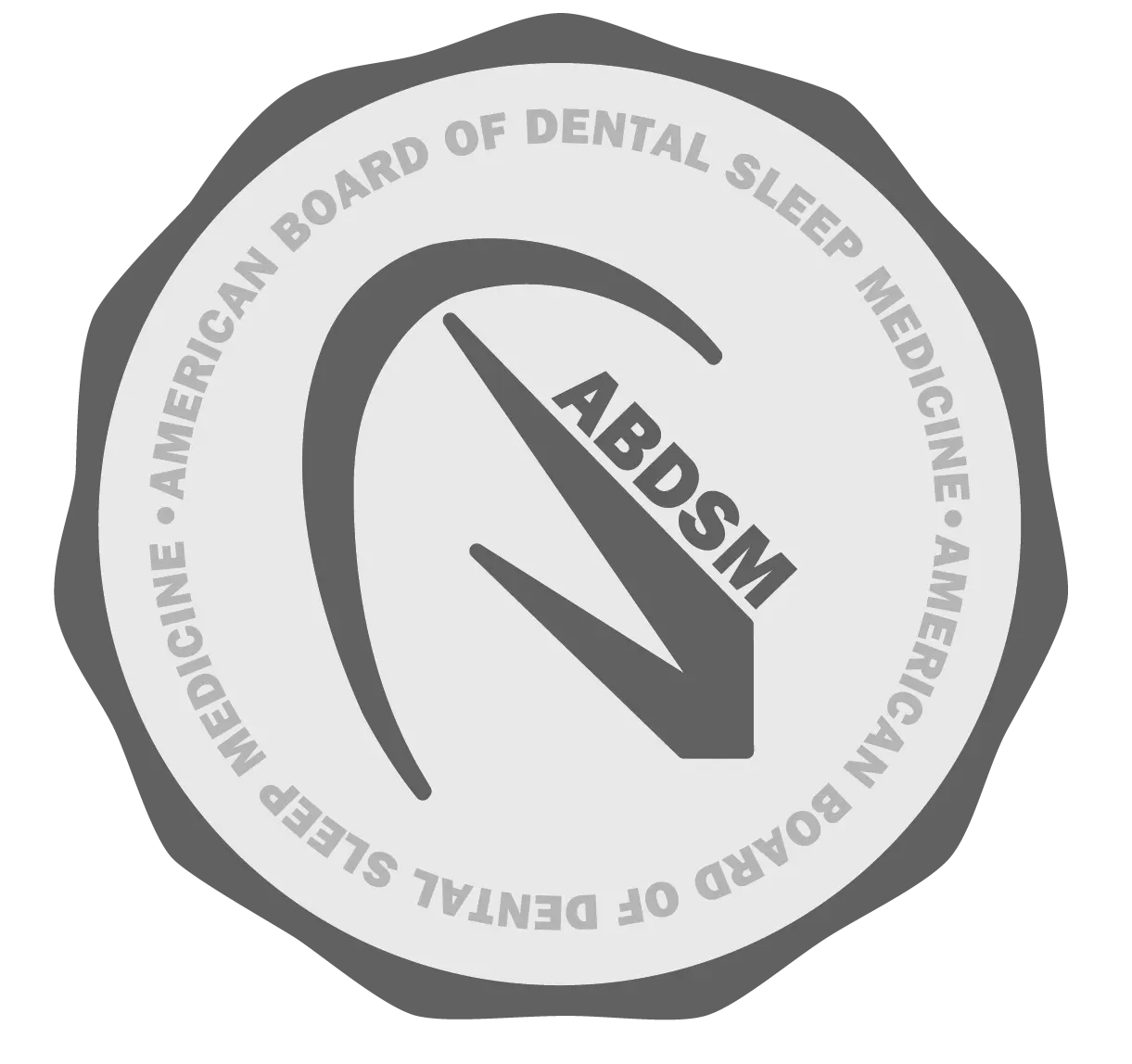Tooth extraction is a common dental procedure, but like any medical process, it has potential risks and complications. One of the most common concerns patients have after a tooth extraction is whether the extraction hole is infected. An infection in the extraction hole can lead to prolonged pain, swelling, and other complications if not treated promptly.
In this blog, we’ll explain the signs that indicate your extraction hole is infected, how to prevent it, and what steps to take if you suspect an infection.
Why Does an Extraction Hole Get Infected?
After a tooth is removed, a blood clot forms in the extraction hole to help heal the wound. This clot is vital for the healing process, and it acts as a protective barrier for the bone and tissues underneath. If the clot is dislodged or doesn’t form properly, the hole can become exposed to bacteria, leading to an infection. Additionally, poor aftercare, smoking, or a compromised immune system can increase the risk of infection.
Now, let’s look at the symptoms that suggest your extraction hole may be infected.
Signs That Your Extraction Hole Is Infected
When your extraction hole is infected, it’s crucial to identify the signs early on to avoid further complications. Below are some common symptoms that indicate an infection:
1. Severe Pain or Throbbing
Some pain and discomfort after a tooth extraction are normal. However, if you experience severe, throbbing pain that doesn’t improve after a few days, it may be a sign that your extraction hole is infected. This pain is usually persistent and may worsen over time.
2. Swelling and Redness
It’s normal to experience mild swelling after an extraction. Still, if the swelling continues to increase or the extraction site becomes red and inflamed, it may indicate an infection. Swelling may also extend to the surrounding areas of your face, such as your cheek or jaw.
3. Bad Taste or Foul Odor
One of the early signs of an infection in your extraction hole is a bad taste or foul odor in your mouth. This is usually caused by pus or bacterial buildup in the infected site. If the bad taste persists, consult with your dentist.
4. Pus or Discharge
It is a clear sign of infection if you notice yellow, green, or bloody discharge from the extraction hole. The discharge is typically pus, resulting from your body’s immune system trying to fight off the infection. Any discharge from the extraction hole should be addressed immediately.
5. Fever
If you develop a fever following a tooth extraction, it’s a strong indication that your extraction hole is infected. A fever is a common response to infection, as your body attempts to fight off harmful bacteria.
6. Excessive Bleeding
After a tooth extraction, some bleeding is normal, but if the bleeding continues well beyond the initial few hours, or if it becomes heavy again after it had stopped, it may signal that the extraction hole is infected or that the blood clot has been disturbed.
7. Numbness or Unusual Sensations
Numbness in the area around the extraction site can sometimes occur due to anesthesia, but if the numbness lasts for an extended period or if you experience unusual sensations like tingling or a burning feeling, it could indicate that the infection has affected the nerves surrounding the extraction hole.
Why It’s Important to Address an Infected Extraction Hole Early
An untreated infection in the extraction hole can lead to severe complications, such as:
- Dry Socket: This painful condition occurs when the blood clot dislodges or dissolves prematurely, leaving the extraction hole exposed. It can cause severe pain and delays in healing.
- Abscess Formation: An untreated infection can lead to the development of an abscess, which is a pus-filled pocket that can spread the infection further.
- Bone Infection: If the infection spreads to the jawbone, it can cause osteomyelitis, a serious condition that may require surgical intervention.
- Sepsis: In rare cases, an untreated infection can spread throughout the body, causing sepsis, a life-threatening condition.
For these reasons, it’s essential to seek treatment as soon as you notice any signs that your extraction hole is infected.
What Should You Do if You Suspect Your Extraction Hole Is Infected?
If you think your extraction hole is infected, here’s what you should do:
1. Contact Your Dentist Immediately
The first step if you suspect your extraction hole is infected is to call your dentist. They will assess the situation and may recommend a visit to examine the area and determine the severity of the infection. In some cases, they may prescribe antibiotics to treat the infection.
2. Follow Your Aftercare Instructions
Proper aftercare is crucial to prevent infections. Be sure to follow your dentist’s instructions regarding mouth rinsing, brushing, eating, and taking any prescribed medications. Avoid actions that could disturb the clot, such as using straws or smoking.
3. Use Warm Saltwater Rinses
Your dentist may recommend rinsing your mouth gently with a warm saltwater solution to keep the extraction hole clean and help reduce swelling. Saltwater rinses can promote healing and remove bacteria that may be contributing to the infection.
4. Take Antibiotics as Prescribed
If your dentist prescribes antibiotics, it’s essential to complete the entire course, even if you start feeling better. Stopping antibiotics prematurely can result in the infection returning and becoming resistant to treatment.
5. Pain Management
If you’re experiencing pain, take over-the-counter pain relievers as directed by your dentist. A cold compress applied to the outside of your face near the extraction site can also help reduce swelling and pain.
Preventing Infection in the Extraction Hole
While infections can happen, there are several steps you can take to reduce your risk:
- Follow Proper Oral Hygiene: For the first few days, clean your mouth gently, avoiding the extraction site. Once you resume cleaning, use a soft-bristle toothbrush and a mild mouthwash to prevent bacteria from accumulating.
- Avoid Smoking: Smoking can delay healing and increase the risk of infection. It’s important to avoid smoking for at least 48 hours after the extraction.
- Eat Soft Foods: Stick to soft foods that won’t irritate the extraction site. Avoid anything crunchy or hard that could disturb the healing process.
- Rest and Hydrate: Get plenty of rest and drink lots of fluids to support your body’s healing process.
Conclusion
In conclusion, if your extraction hole is infected, seeking prompt dental care is crucial to avoid complications. Common signs of an infection include severe pain, swelling, foul taste, and fever. Recognizing the symptoms early and following your dentist’s aftercare instructions can ensure a smoother, faster recovery.
If you suspect your extraction hole is infected, don’t hesitate to call us at (770) 923-5500 or visit our clinic at 5500 A Lilburn Stone Mountain Rd, Stone Mountain, Georgia 30087. Our compassionate staff and experienced dentist, Dr. Hassan Moeti, are here to help you every step of the way. Schedule your consultation or follow-up appointment today to ensure your recovery goes smoothly!
FAQs
What are the first signs that my extraction hole is infected?
Early signs of infection include severe pain, swelling, bad taste, or foul odor. If you experience these, contact your dentist immediately.
Can I prevent infection in my extraction hole?
Yes, by following proper aftercare, such as avoiding smoking, gently cleaning the site, and using saltwater rinses, you can reduce the risk of infection.
How long after tooth extraction can an infection develop?
Infections can develop within the first few days to a week if proper aftercare isn’t followed or if the blood clot is disturbed.
Will I need antibiotics if my extraction hole gets infected?
Yes, your dentist may prescribe antibiotics to treat the infection and prevent it from spreading to other areas.
What happens if I don’t treat an infected extraction hole?
Untreated infections can lead to serious complications like dry socket, abscess formation, bone infection, or even sepsis, requiring more extensive treatment.











